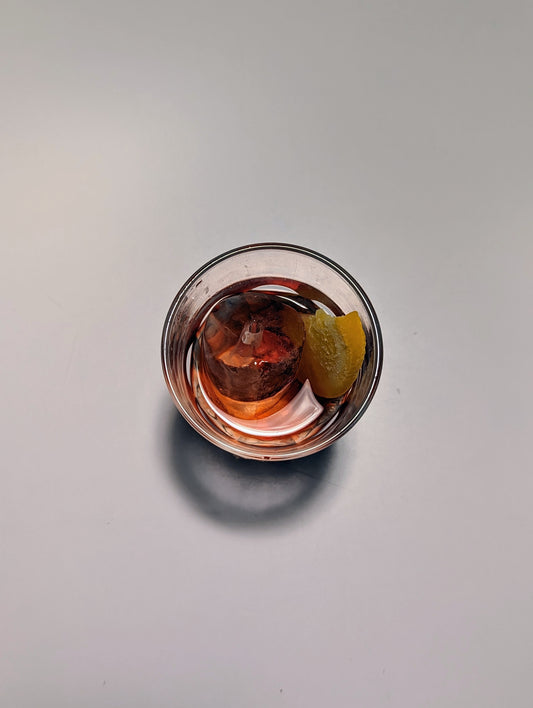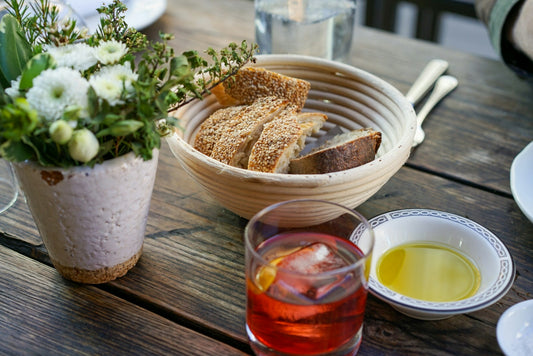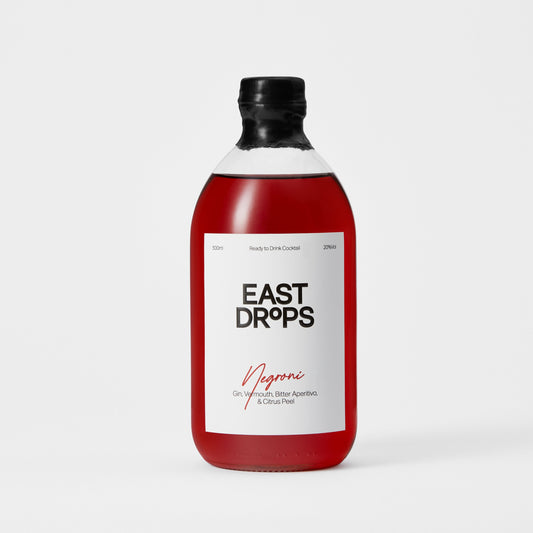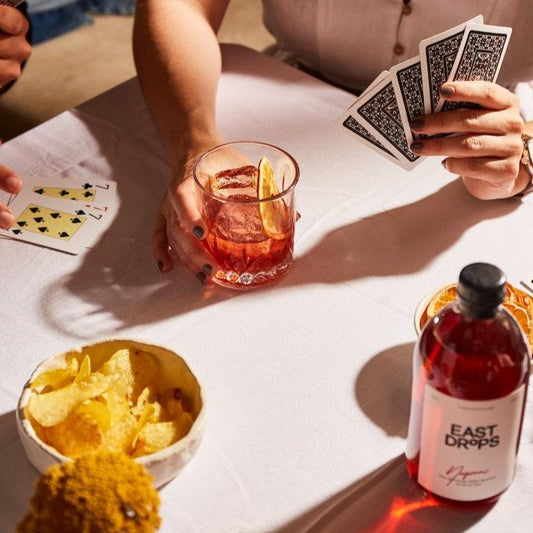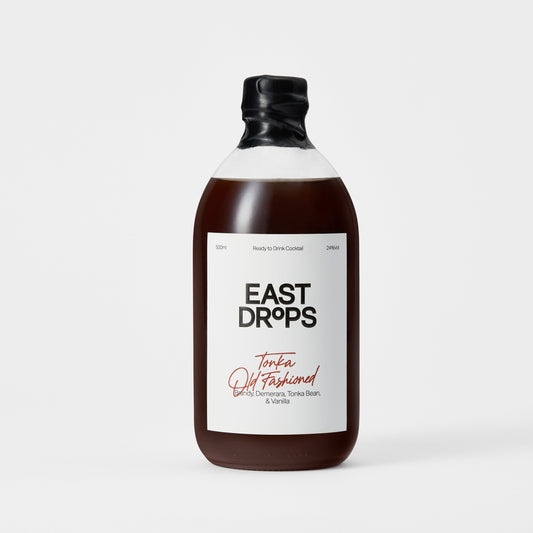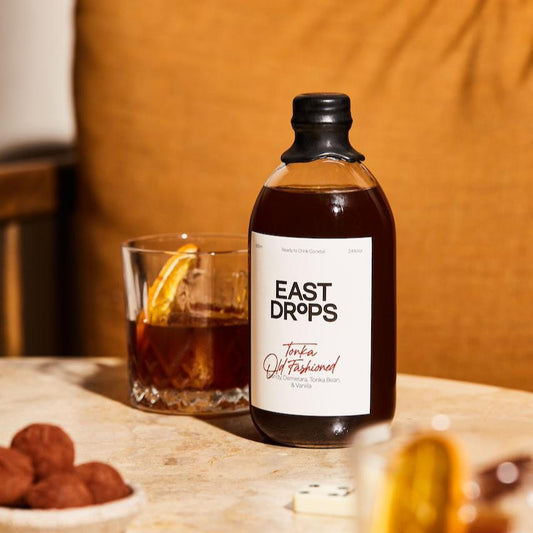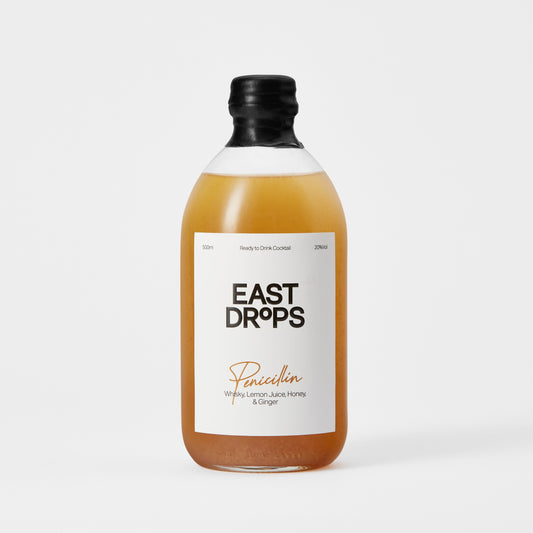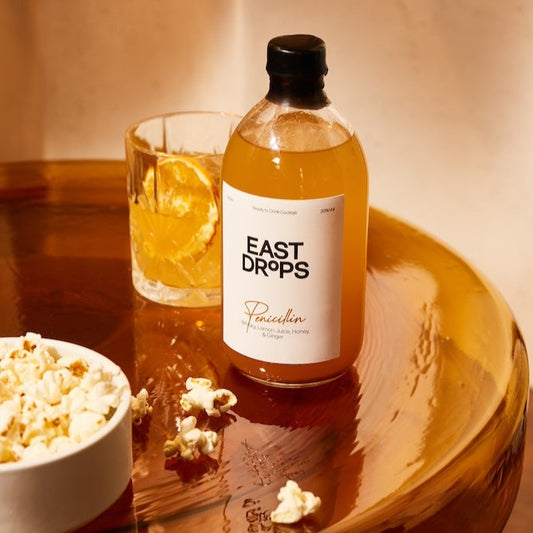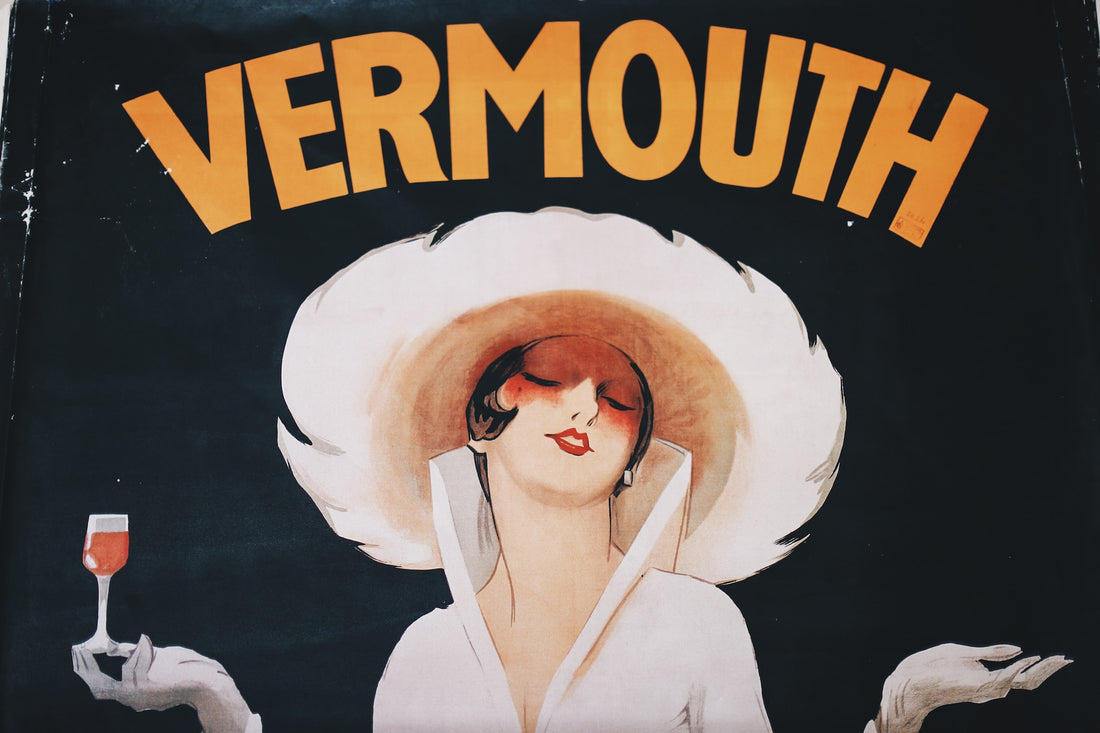
What is vermouth?
One of the essential ingredients in my arsenal is vermouth. Vermouth is a fortified wine that is infused with a variety of botanicals and herbs. Its unique flavour profile makes it a versatile ingredient in cocktails and a popular aperitif around the world. In this article, we'll explore the history of vermouth, its production, and the classic cocktails that use this beloved ingredient.
What is Vermouth?
Vermouth is a fortified wine that is infused with a range of botanicals and herbs. It is typically made by adding a blend of botanicals, such as herbs, roots, and spices, to a base wine, which is then fortified with additional spirits, such as brandy. Vermouth can be sweet or dry, depending on the amount of sugar added to the blend.
History of Vermouth
Vermouth has a rich history that dates back to ancient Greece and Rome. The Greeks and Romans used herbs and spices to flavour their wines, which they believed had medicinal properties. In the 16th century, vermouth was first made in Turin, Italy, by a local distiller named Antonio Benedetto Carpano. He created the first commercial vermouth by infusing a blend of herbs and spices in white wine and sweetening it with sugar. The drink quickly became popular and spread throughout Europe.
Producers of Vermouth
While vermouth is produced around the world, some of the most famous vermouth producers are located in Italy, France and Spain. In Italy, the most famous vermouth producers include Carpano, Martini & Rossi, and Cinzano. In France, popular vermouth brands include Noilly Prat and Dolin. Whereas in Spain popular vermouth brands are Yzaguirre and Perucchi.
Botanicals Used in Vermouth
The botanicals used in vermouth vary depending on the producer and the style of vermouth being made. Some of the most common botanicals used in vermouth include wormwood, which gives vermouth its distinctive bitterness, as well as coriander, chamomile, cinnamon, and ginger.
Types of vermouth
Vermouth comes in three main types: red, white, and rosé. While they all share some similarities, there are some key differences in their flavor profiles and how they're used in cocktails.
Red Vermouth:
Red vermouth is typically sweet and made with a red or dark-colored wine as its base. It gets its color and flavor from a blend of botanicals, including wormwood, which gives it its signature bitterness. Red vermouth is commonly used in cocktails like the Manhattan and Negroni.
White Vermouth:
White vermouth, also known as "blanc" or "bianco" vermouth, is made with a white wine base and is typically dry or semi-dry. It has a lighter, fresher flavor profile than red vermouth and is commonly used in cocktails like the Martini and the Gibson.
Rosé Vermouth:
Rosé vermouth is a newer addition to the vermouth family, and it's made by blending white and red wines together. Rosé vermouth can be either sweet or dry and has a unique, fruity flavour profile. It's commonly used in cocktails like the Rosita and the Rosé Martinez.
When it comes to choosing the right vermouth for your cocktails, it's important to consider the type of drink you're making and the other ingredients you're using. If you're making a whiskey-based cocktail, for example, you'll likely want to use a sweet red vermouth. But if you're making a gin-based cocktail, you might prefer a dry white vermouth.
Ultimately, the differences between red, white, and rosé vermouth come down to their flavour profiles and the types of cocktails they're best suited for. By experimenting with different types of vermouth in your cocktails, you can discover your favourite flavour combinations and create your own unique drinks.

Serving Vermouth
Vermouth's complex flavor profile lends itself to a variety of serving methods. Whether sipped straight, mixed in cocktails, or dressed up with sparkling water and garnishes, it's a versatile addition to your drinks repertoire. Below are some ways you can enjoy your Vermouth.
1. Straight Up:
Like any good wine, Vermouth can be enjoyed all on its own. For the best experience, pour a small amount into a wine glass and let it sit for a moment to breathe. Sip it slowly and appreciate the complex blend of botanicals. For an enhanced experience, serve it chilled or over ice.
2. Vermouth and Soda:
Light and refreshing, Vermouth topped up with sparkling water or club soda is a classic way to enjoy this fortified wine.
How to prepare:
- Fill a glass with ice.
- Add 2 ounces of Vermouth.
- Top up the glass with sparkling water or club soda.
- Stir gently to mix.
- Optional: Add a slice of lemon or orange for a citrusy twist, or garnish with an olive.
3. Classic Cocktails:
Vermouth is a key ingredient in several classic cocktails, including Martinis, Manhattans, and Negronis.
For a classic Martini:
- Combine 2 ounces of gin and 1 ounce of dry Vermouth in a mixing glass filled with ice.
- Stir until well-chilled.
- Strain into a chilled Martini glass.
- Garnish with a lemon twist or an olive.
4. Vermouth Spritz:
A spritz is a classic Italian aperitif, and Vermouth makes a fantastic base for this refreshing drink.
How to prepare:
- Fill a wine glass with ice.
- Add 2 ounces of Vermouth and 2 ounces of a bitter aperitif (like Aperol or Campari).
- Top up with sparkling water or Prosecco.
- Stir gently to mix.
- Garnish with a slice of orange.
5. Vermouth on the Rocks:
Serving Vermouth over ice brings out its botanical notes and is particularly good for sipping on a warm day.
How to prepare:
- Fill a short glass with ice.
- Pour in 2 ounces of Vermouth.
- Stir gently to chill the Vermouth.
- Optional: Add a twist of citrus peel or an olive.
Regardless of how you choose to serve it, remember that Vermouth, like all wines, benefits from being served in a clean glass and at the right temperature. Cheers to your enjoyment of this versatile fortified wine!
Classic Cocktails with Vermouth
Vermouth is an essential ingredient in many classic cocktails. Here are a few of the most popular cocktails that use vermouth:
-
Martini: The Martini is a classic cocktail made with gin and dry vermouth. It is typically garnished with a lemon twist or olive.
-
Manhattan: The Manhattan is a whiskey-based cocktail that is made with sweet vermouth and bitters. It is typically garnished with a cherry.
-
Negroni: The Negroni is a bitter-sweet cocktail that is made with gin, Campari, and sweet vermouth. It is typically garnished with an orange twist.
-
Americano: The Americano is a refreshing cocktail made with Campari, sweet vermouth, and soda water. It is typically garnished with an orange slice.
-
Rob Roy: The Rob Roy is a Scotch-based cocktail that is made with sweet vermouth and bitters. It is typically garnished with a cherry.
Frequently Asked Questions about Vermouth
What is Vermouth?
Vermouth is a fortified wine that's flavoured with various botanicals including roots, bark, flowers, herbs, and spices. Originating from Italy and France, it plays a key role in many classic cocktails like Martinis and Manhattans. There are two main types: sweet (red) vermouth and dry (white) vermouth.
How should Vermouth be stored?
Because Vermouth is a fortified wine, it should be treated similarly to other wines once opened. This means it's best stored in the refrigerator, rather than at room temperature. Vermouth should also be kept away from light, heat, and oxygen as much as possible to maintain its flavour.
How long does Vermouth last once opened?
Unlike spirits, Vermouth doesn't last indefinitely once opened. Generally, an opened bottle of vermouth should be consumed within 1-3 weeks for optimal flavour. After this point, it doesn't spoil or become unsafe to drink, but it can start to lose its distinct taste and aroma.
Can I drink Vermouth straight?
Absolutely! While Vermouth is often used in cocktails, it can also be enjoyed on its own, either chilled or over ice. In many parts of Europe, it is traditionally served this way, often with a twist of citrus or a small snack.
How can I tell if my Vermouth has gone bad?
While Vermouth won't spoil in the traditional sense, it can oxidize over time, which impacts its flavor. Signs of oxidation include a dull, flat flavor or a vinegar-like smell. If your Vermouth exhibits these characteristics, it's best to replace it.
What cocktails can I make with Vermouth?
Vermouth is a staple in many classic cocktails. Some popular choices include the Martini, Manhattan, Negroni, and the Americano. But don't limit yourself to these classics! Vermouth can add a unique flavour to a variety of drinks.
Does Vermouth need to be refrigerated before opening?
Before opening, Vermouth can be stored in a cool, dark place, much like other wines. However, once opened, it's best to store it in the refrigerator to slow down the oxidation process and maintain its flavour.
Can Vermouth be used for cooking?
Yes, Vermouth can definitely be used in cooking! It's often used in recipes that call for white wine. It can add depth and complexity to sauces, soups, and stews, among other dishes.
Is there any difference between red and white Vermouth?
The main difference lies in the flavour profile. Red Vermouth, also known as sweet Vermouth, is typically sweeter and has a robust, spicy flavour. On the other hand, white Vermouth, often referred to as dry Vermouth, is more bitter and has a lighter, more floral taste.
Can I use Vermouth instead of white wine in recipes?
While Vermouth and white wine aren't identical in flavour, Vermouth can be used as a substitute in recipes that call for white wine. It lends a unique, herbaceous quality to the dish, giving it an added layer of complexity. Just keep in mind, due to its strong flavour, a little often goes a long way.
In conclusion, vermouth is a versatile ingredient that adds depth and complexity to cocktails. Its unique flavour profile and rich history make it a beloved ingredient among mixologists and cocktail enthusiasts alike. Whether you prefer sweet or dry, vermouth is a must-have ingredient in any well-stocked bar.

